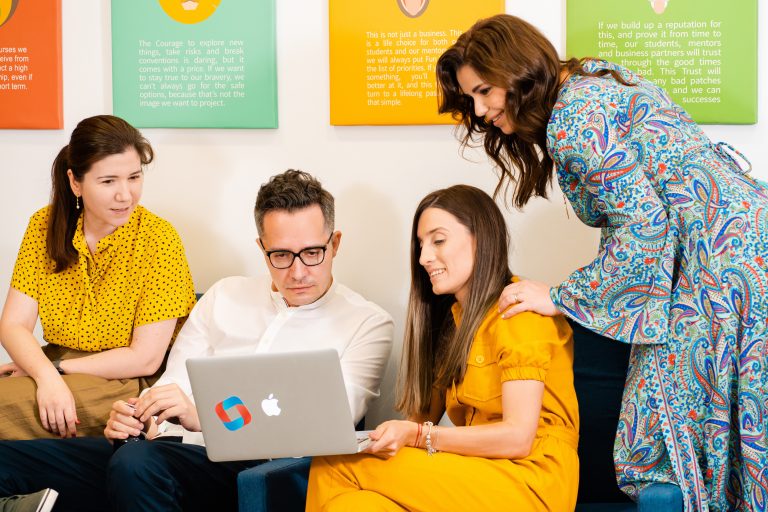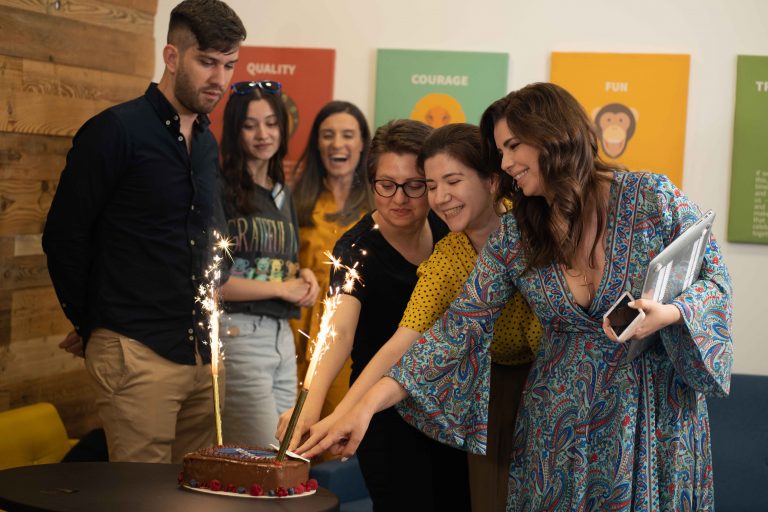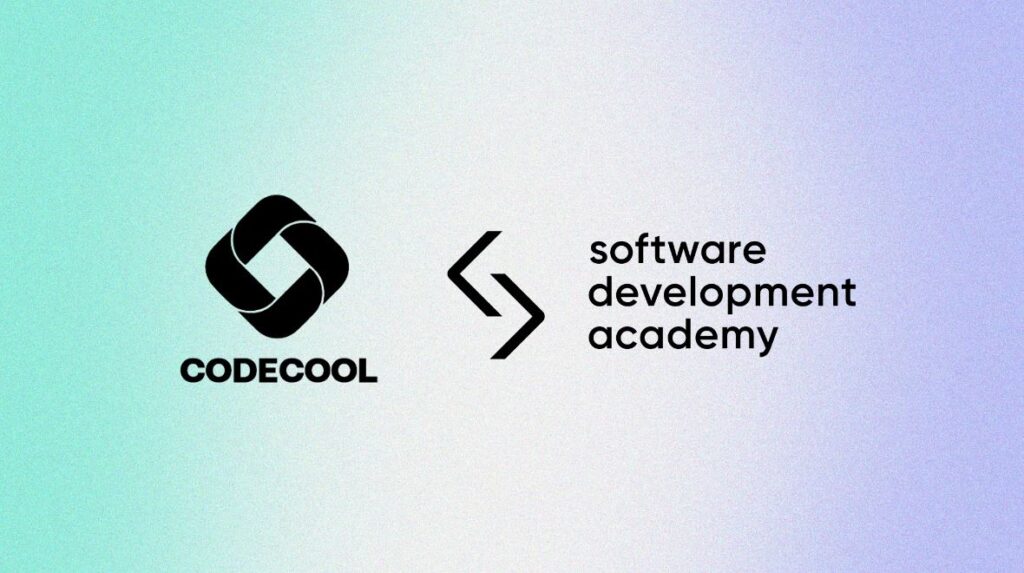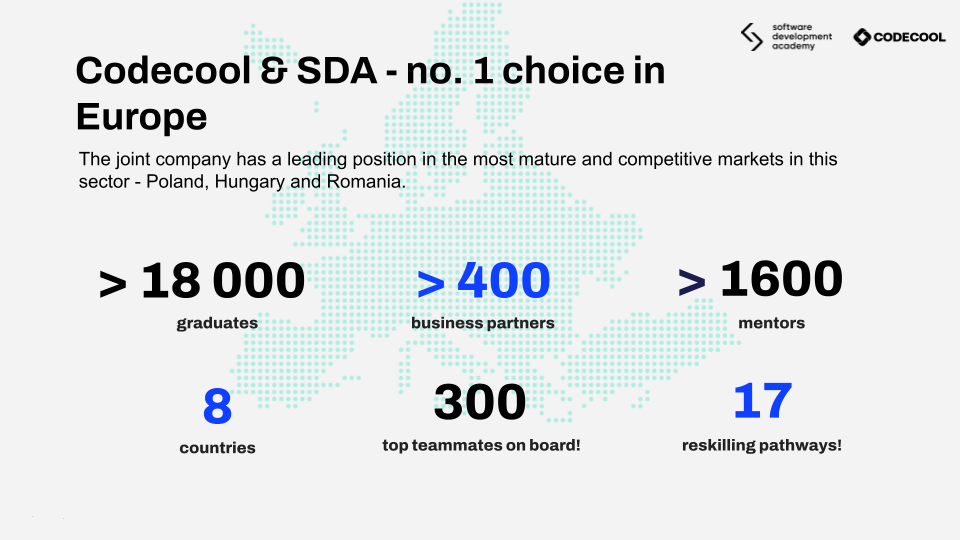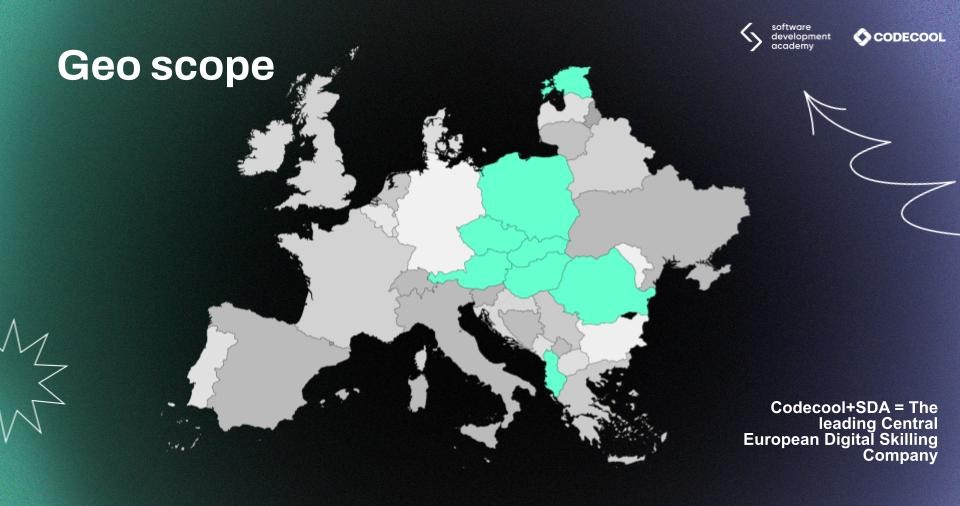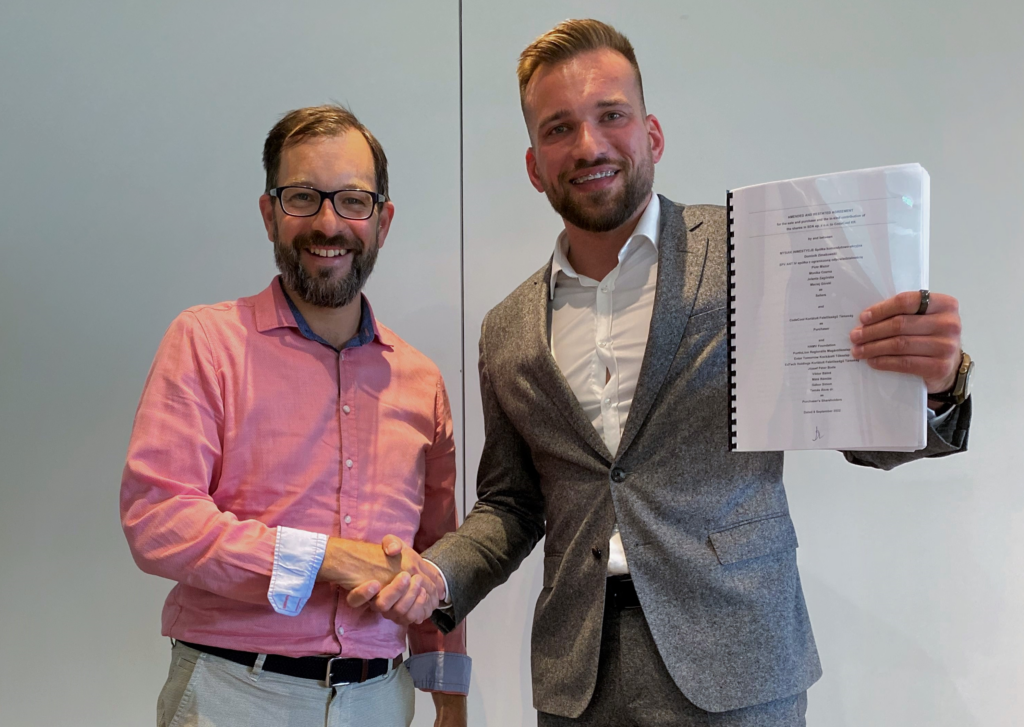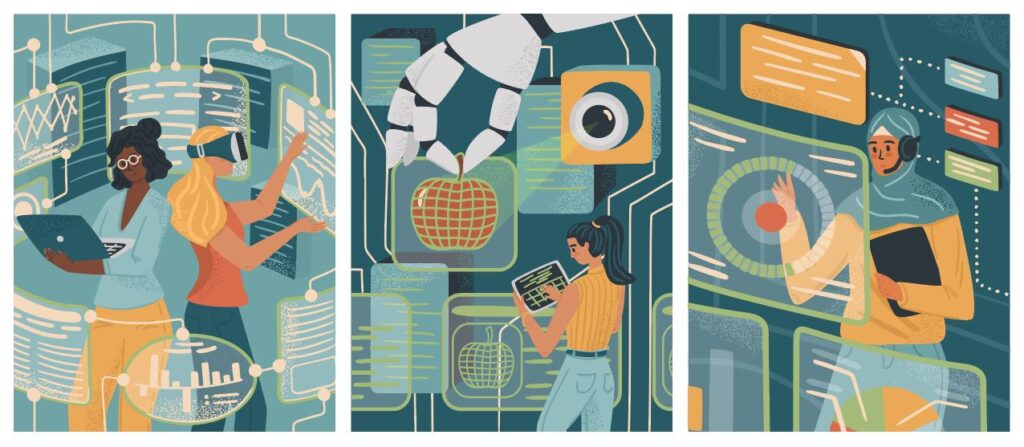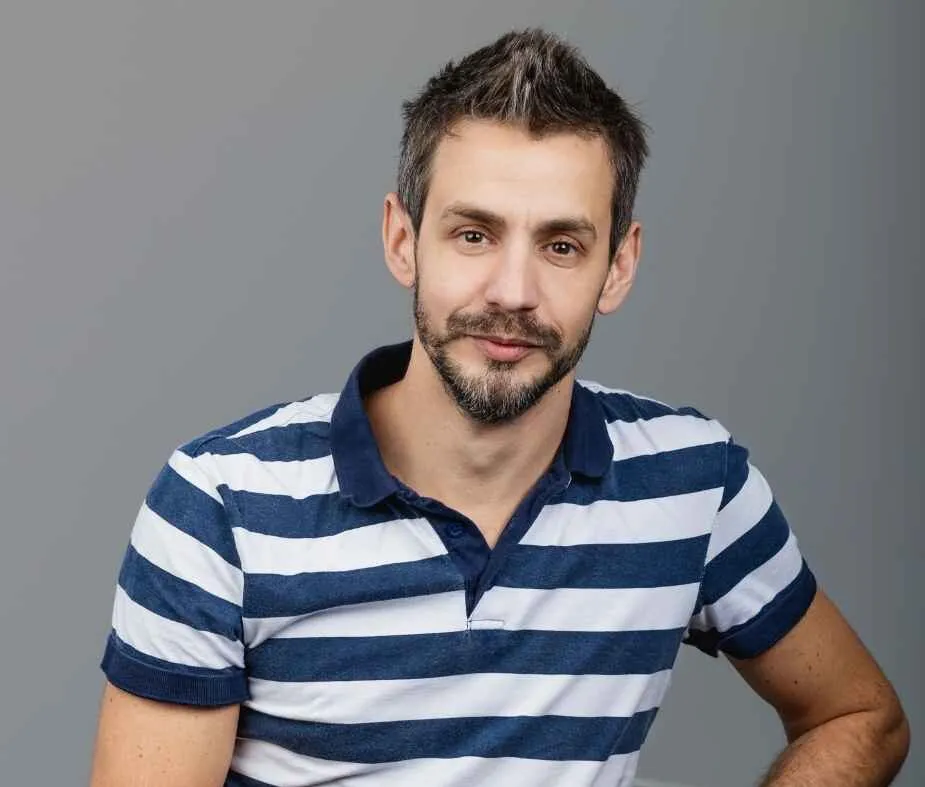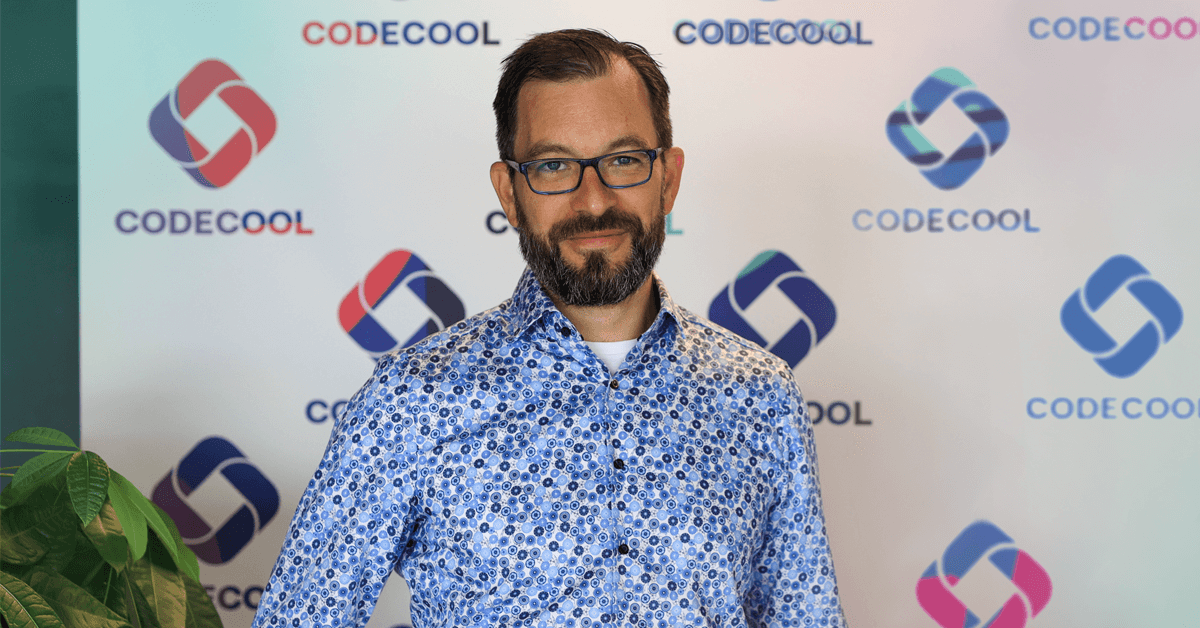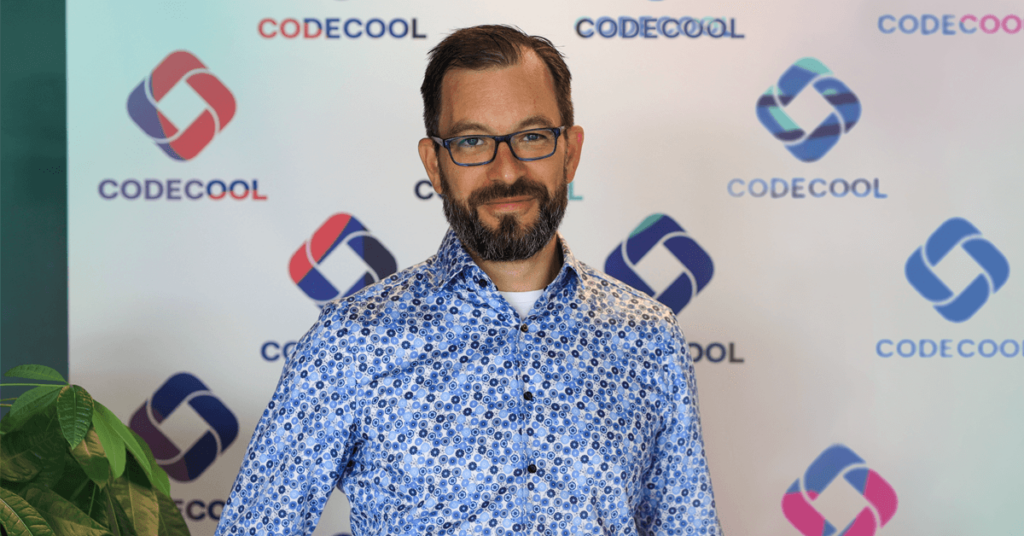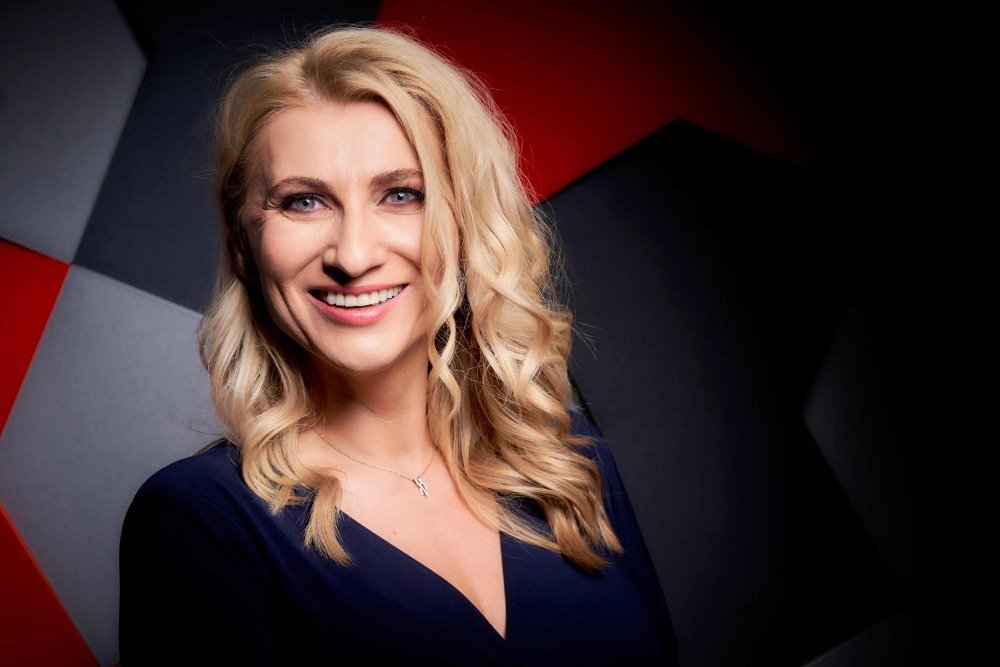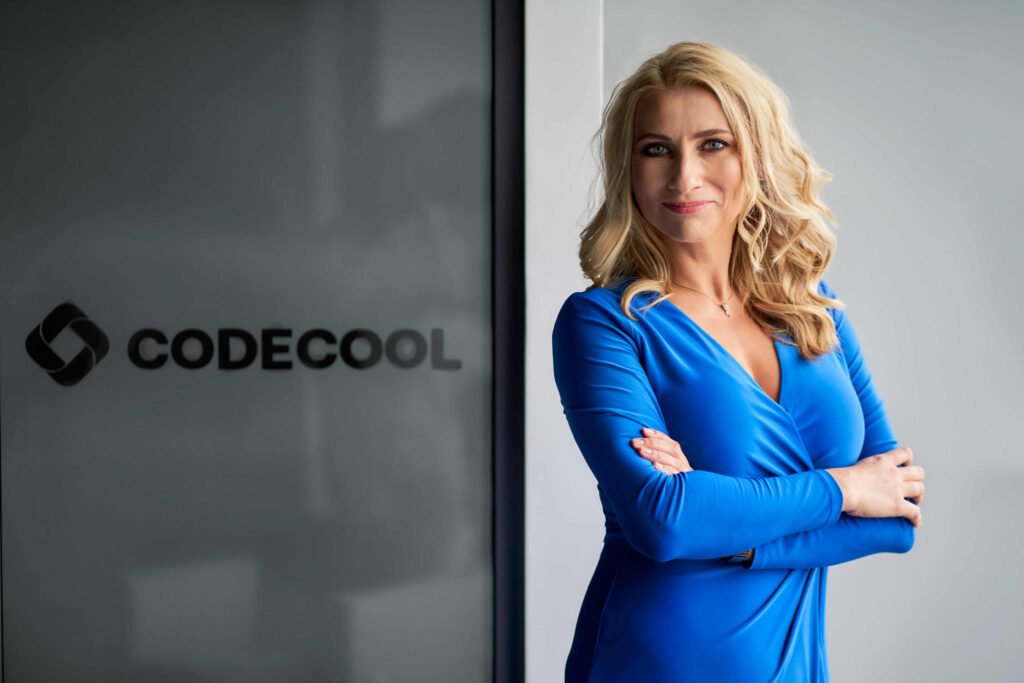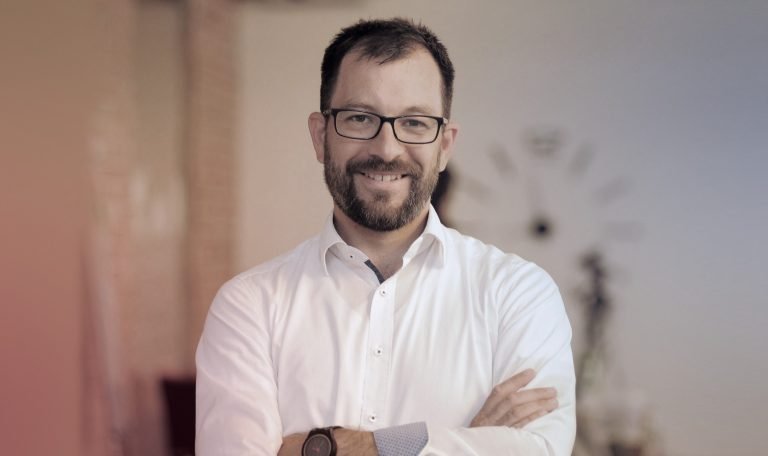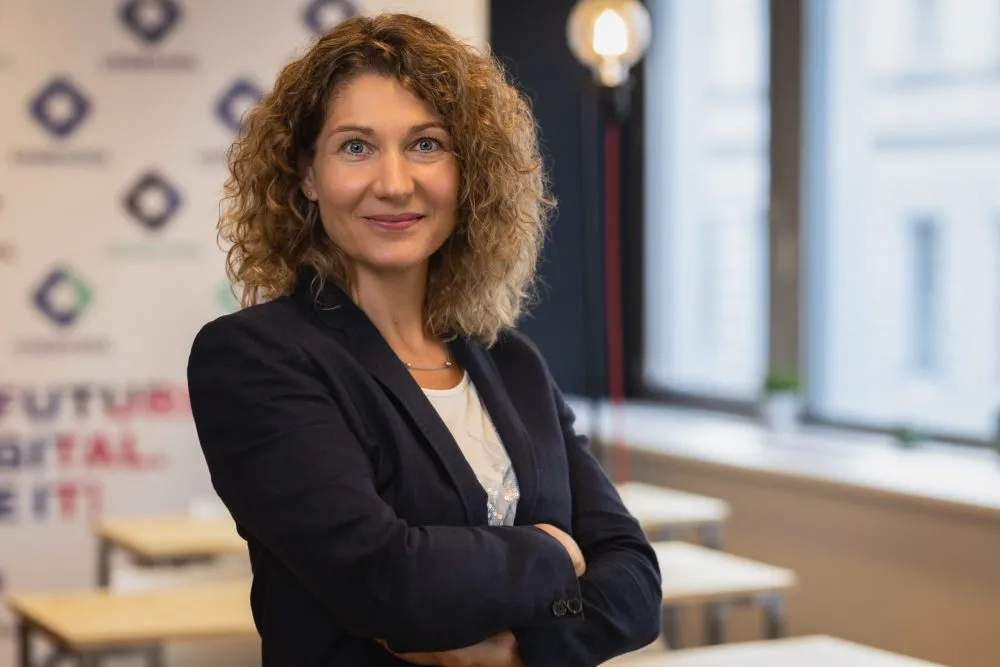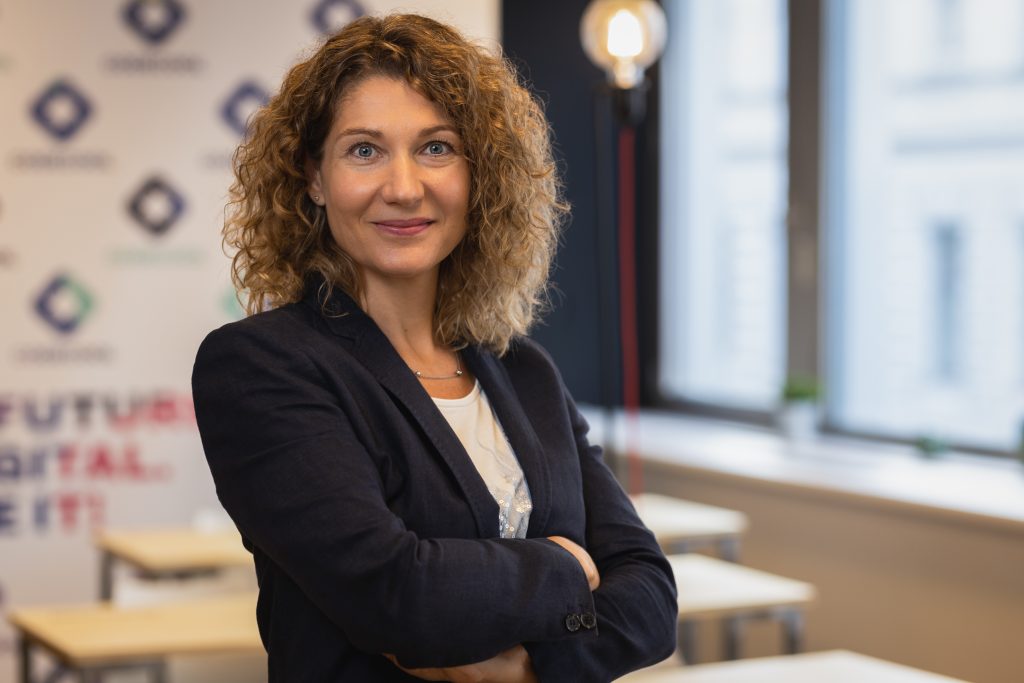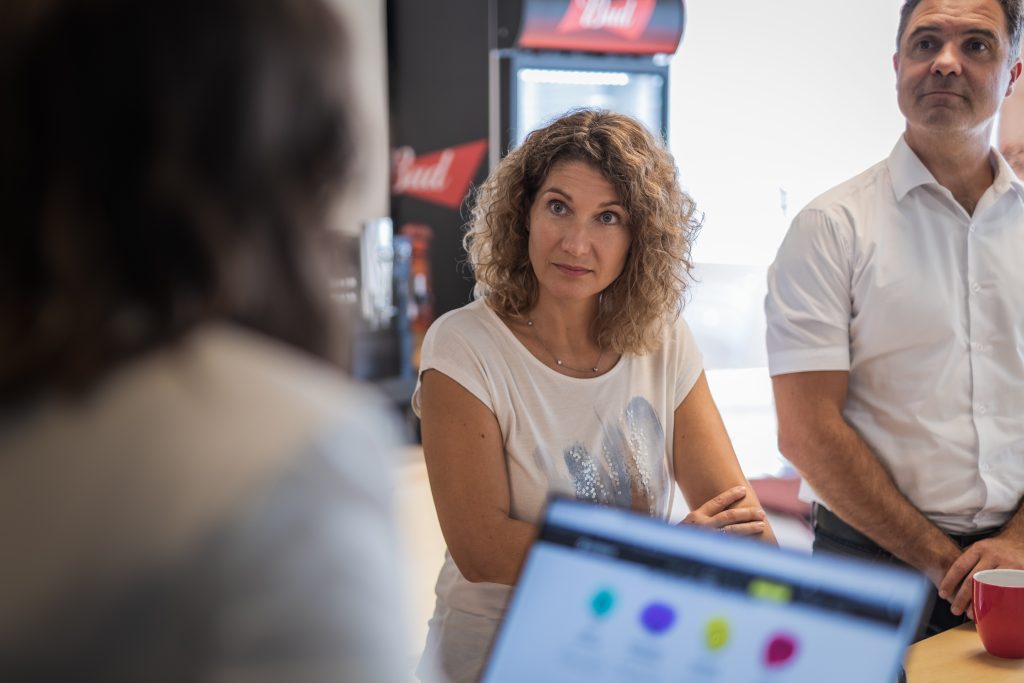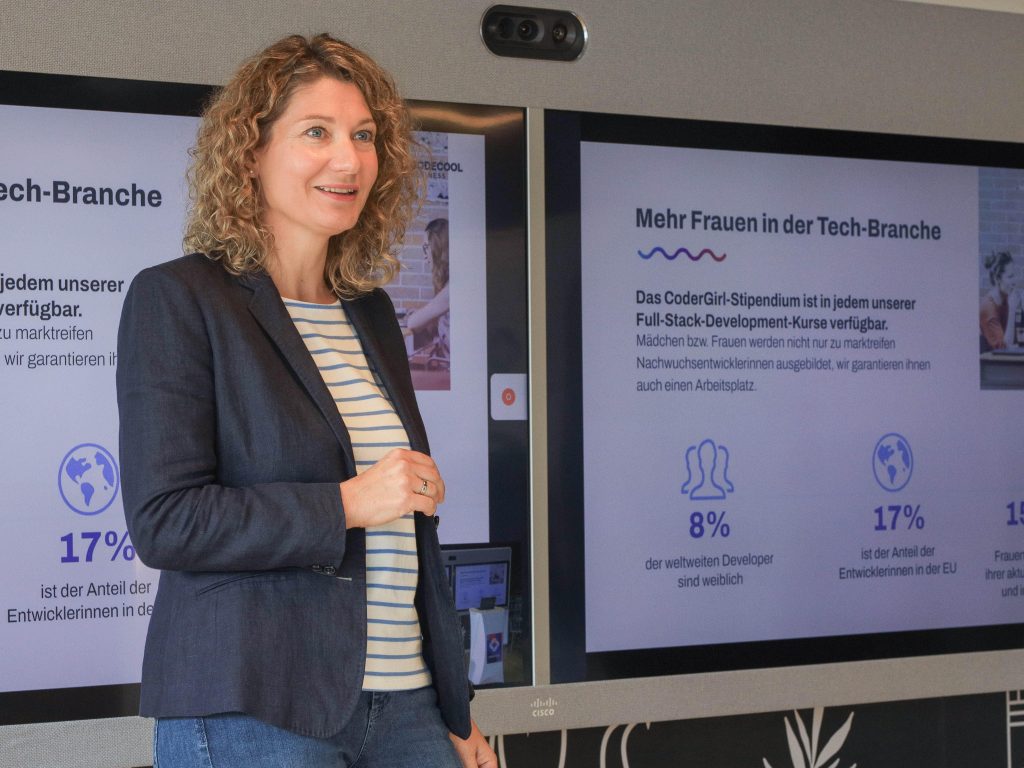A growth mindset can make or break the success of training a developer, and that’s why we made this concept a pivotal element of our teaching method. Check out the benefits of a growth mindset and learn how it works in action at Codecool.

Codecoolers become skilled and motivated junior developers during our Full-Stack Development course. They’re capable of taking on new knowledge quickly at the workplace and have all the hard and soft skills that make them the best on the market.
But how do they get there in only ten months? A huge component is the growth mindset – this ‘skill’ drives their progress behind the scenes and helps them progress and grow in a way they never thought possible. Let’s see how!
What is the growth mindset concept?
The growth mindset describes a way of thinking about challenges and mistakes.
When you have a growth mindset, you know that encountering a setback doesn’t mean you’re bound to keep having them. It’s just the natural way of progress, and you know that your abilities aren’t set in stone.
We’ve known this since Carol Dweck’s 2014 TED talk.
Just because some people can do something with little to no training, it doesn’t mean that others can’t do it (and sometimes do it even better) with training.
Carol Dweck Tweet

The importance of a growth mindset in education
Having a fixed or growth mindset can make or break the success of the training one takes part in.
Why?
Because cultivating a growth mindset during training leads students to understand that their potential depends on their work. It’s not due to talent they should’ve been born with or any other outside factor. Once believing this, students begin to thrive and progress in a way they never thought they could.
Carol Dweck researched this theory for 30 years. According to her research, children tend to have an inherent growth mindset about their potential. On the other hand, adults are already conditioned to a fixed mindset regarding their own and others’ capabilities in many topics, which limits their ability to progress.
What is a fixed mindset?
We all have a fixed mindset about certain things, our own capabilities above all.
We tend to think that our skills are rooted in talent and shaped by circumstances. That our understanding or skills cannot really be improved. And this can limit progress in many areas of life.
Writing code is a perfect example of that. People tend to think they won’t be able to code because they’re not good with math or they’re not the naturally ‘techy’ type. They don’t see how with the proper mindset and the right methodology they could improve their understanding.

The relevance of a growth mindset for organizations
The ever-growing IT talent gap slows down digitalization and many businesses. So there’s a global need to train new tech professionals and to re-skill employees. But many organizations still have a massive wall between tech and non-tech people. And at the same time, there seems to be no concrete plan to make it possible for people to climb it.
We at Codecool believe tech training is best done by cultivating a growth mindset and celebrating initial mistakes. People sometimes make mistakes when they make an effort and dare to step out of their comfort zone. But that’s when they gain valuable experience and progress, so it shouldn’t be a thing to fear.
We’re building on a growth mindset to make the talent gap a thing of the past and enable digitalization. But what does growth mindset look like in action at Codecool?
Let’s dive in.
Growth mindset in action at Codecool
Our business model builds on a growth mindset and it proved to be a winning bet. We break down walls between tech and non-tech talents and help people, even without any relevant background become the best junior tech professionals on the market.
1. We focus on the beginning
During the application process, instead of looking at degrees, tech experience or achievements, we explore our applicants’ goals, drives and peculiar aspects of their personal profiles. We check their logical thinking and English skills, but no further hard skills. Our case studies prove that having certain soft skills provide a better indication of our student’s future success.
2. They get the big picture right away
Instead of keeping knowledge to ourselves, we let our students in on the bigger picture behind our approach. During the first few days we present them the growth mindset theory, share our implementation plan and point out their place in the bigger scheme. They understand that becoming a tech talent is their own path, they are the driving force behind this decision. If they put in the work, they’ll succeed.
3. We put our signature on their success
Our method is effective, and our belief in our student’s success is rock-solid. So solid that we’re contractually bound to get them hired if they take our job guarantee. If we can’t do that in six months after they graduate from our 10-month Full-Stack Development course, their tuition fee is on us. So far, 98% of our graduated students have found a job with our help, and 100% work in new tech jobs after our course.
4. They work in agile teams in a workplace simulation
Codecoolers work a lot individually, as well as in agile projects groups during the course. They gain experience with the agile way of working and learn a lot from each other. This way, they organically develop a ton of new skills. Not to mention, they become great team players with solid soft skills.
5. We encourage a failure culture
We encourage our students to make attempts and fail. This way they learn to take alternative approaches to problems, develop an analytical attitude, understand that failure is inevitable, get used to collecting themselves mentally afterward and fail less later, in workplace situations with higher stakes.
6. They get challenging but achievable goals
The tasks our students get are carefully developed to match the actual level of their skills and confidence during the course. Mentors and peers are there to help, and resources are provided. But we make sure not to give out final answers, and instead encourage them to find their own unique solutions to challenges.
7. They take test results as a snapshot, not a judgement
Frequent evaluation of progress helps our students see where they are in a process and what they still need to work on. We try to make sure test and exam results are not taken as a verdict. Instead, we help them understand where they stand in the process and strive to keep up their motivation.

The result of a growth mindset in training
What’s the result of all the above-listed elements?
Well, Codecoolers …
… become great team players. They are good communicators and can share their responsibilities and successes with their colleagues. They take ownership of challenges and support the development of others.
… can get things done. They are capable of solving challenges quickly and efficiently and are okay with trying different options until they succeed.
… quick learners. They understand the direct impact hard work has on their own development, can take on new knowledge quickly, and like raising the bar for themselves.
Looking for talented tech professionals?
If you’re looking for your next developer, consider partnering with Codecool. We have an active network of quality tech pros and flexible recruitment processes, offering you quick access to top talents.
Growing your teams? We can help you find your next junior who could be in your team in just a couple of days after you contact us.
Don’t want to let your best colleagues go? We offer up-skilling or re-skilling services too. We’re happy to tailor our flexible training programs to your exact needs, and turn them into your most valuable and skilled digital resources.
In case you have any questions, reach out to us! You can also visit one of our Demo Days on any Friday, online or in person, to check out the skills and capabilities of our students if you’re interested.
Hope to talk to you soon.




